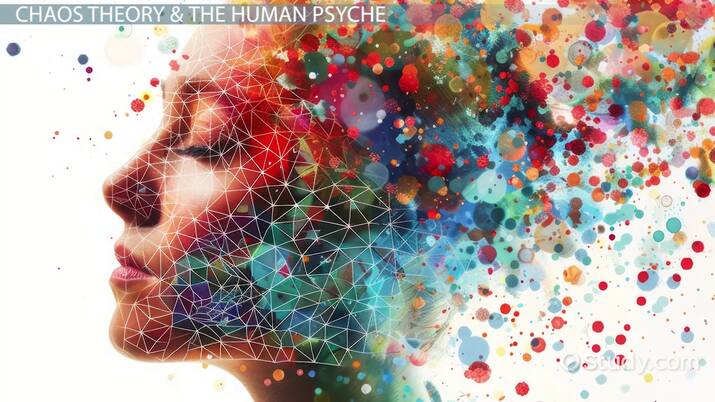
An error occurred trying to load this video.
Try refreshing the page, or contact customer support.
You must cCreate an account to continue watching
Register to view this lesson
Are you a student or a teacher?
Create Your Account To Continue Watching
As a member, you'll also get unlimited access to over 88,000 lessons in math, English, science, history, and more. Plus, get practice tests, quizzes, and personalized coaching to help you succeed.
Get unlimited access to over 88,000 lessons.
Try it now
Try it now.
Already registered? Log in here for access
BackResources created by teachers for teachers
Over 30,000 video lessons
& teaching resources‐all
in one place.

Video lessons

Quizzes & Worksheets

Classroom Integration

Lesson Plans
I would definitely recommend Study.com to my colleagues. It’s like a teacher waved a magic wand and did the work for me. I feel like it’s a lifeline.
Jennifer B.
Teacher

Back
Just checking in. Are you still watching?
Yes! Keep playing.
Your next lesson will play in
10 seconds
